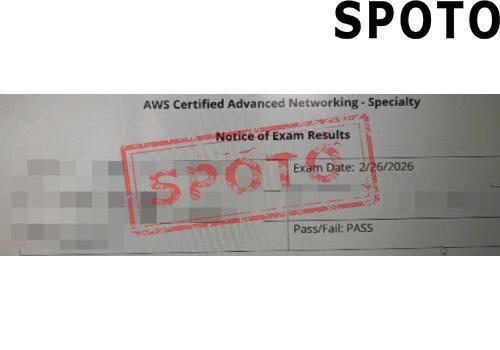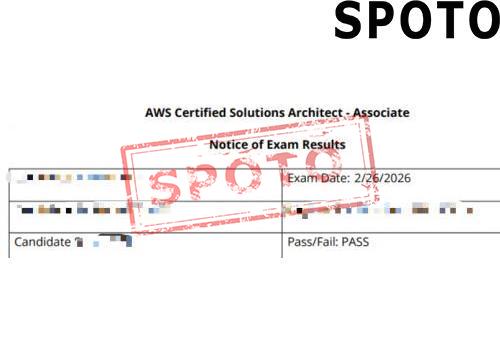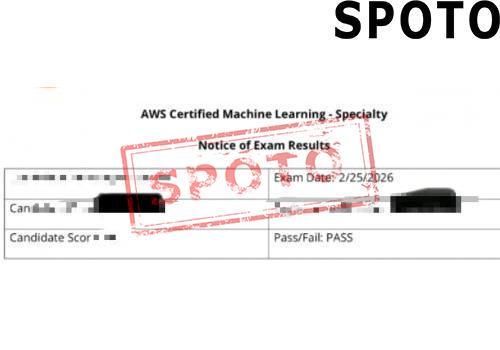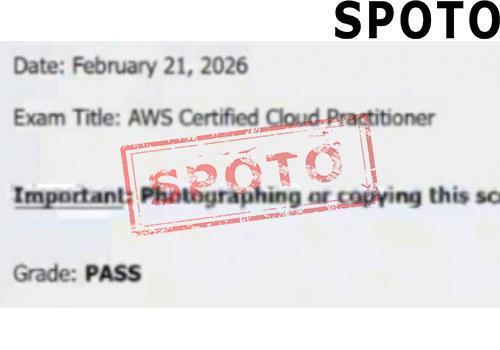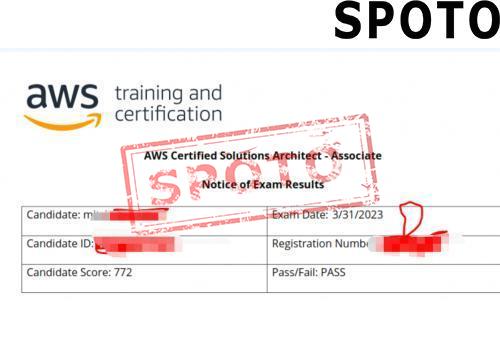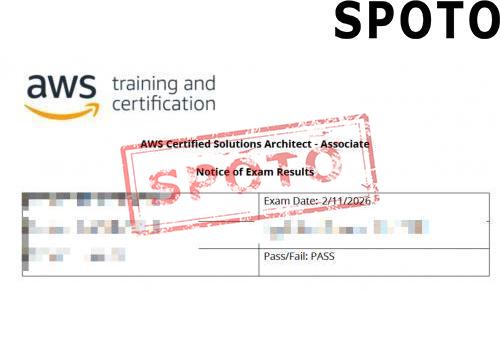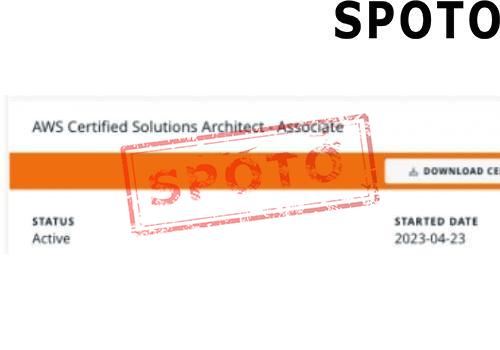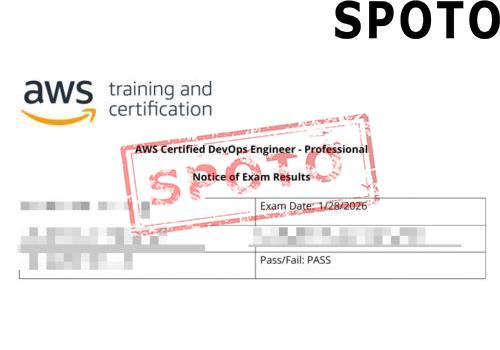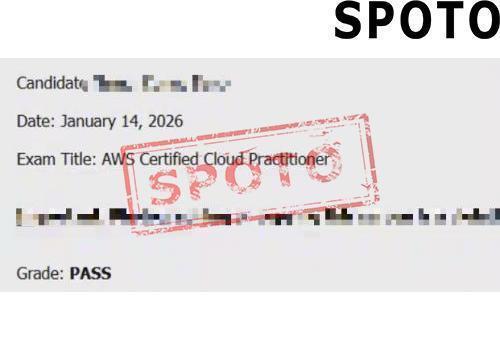
Table of Contents
AWS certifications remain one of the most sought‑after credentials in tech, but is the investment of time, money, and effort truly worthwhile? In 2026, cloud skills are in high demand, and AWS certifications can unlock significant career and salary growth—provided you combine them with real‑world experience. This guide breaks down costs, ROI, and practical tips so you can decide if pursuing an AWS credential aligns with your goals.
Key Benefits of AWS Certifications
1. Substantial Salary Uplift
Certified AWS Solutions Architects command higher pay. U.S. professionals with the Associate‑level Solutions Architect certification average six‑figure salaries, often ranging from $125K to $160K annually. Those who advance to Professional or Specialty levels can see pay jump into the $160K–$180K range.
2. Enhanced Employability
Listing AWS certifications on your resume signals validated cloud expertise to employers. Many job postings now explicitly require or strongly prefer AWS‑certified candidates for roles in architecture, DevOps, data engineering, and security.
3. Structured Learning Path
AWS’s tiered certification model—from Cloud Practitioner through Associate, Professional, and Specialty—provides a clear roadmap. You’ll build foundational knowledge before tackling deeper technical areas like advanced networking, machine learning, or security.
Understanding the Costs and Time Commitment
Exam Fees
-
Foundational (Cloud Practitioner): $100
-
Associate (e.g., Solutions Architect, Developer, SysOps): $150
-
Professional & Specialty: $300 each
Training Resources
-
Self‑Paced Courses: $100–$300 (Udemy, A Cloud Guru)
-
Official AWS Classroom/Virtual: $800–$1,200 per course
-
Bootcamps/Live Online: $1,000–$2,500 (includes labs and practice exams)
Study Time
-
Cloud Practitioner: ~20–40 hours (2–4 weeks)
-
Associate: ~40–80 hours (4–8 weeks)
-
Professional/Specialty: 120+ hours (8–12 weeks)
When you budget both money and time, plan for 3–6 months to achieve an Associate‑level credential, and 6–9 months for advanced certifications.
Real‑World ROI: When It’s “Worth It”
-
Career Changers & Newcomers:
Starting with the Cloud Practitioner plus an Associate cert can launch your cloud career, unlocking entry‑level roles that pay $80K–$100K. -
Seasoned Engineers:
Senior professionals who earn Professional or Specialty certs often transition into architect, DevOps lead, or specialized roles—positions that routinely exceed $150K. -
Global Opportunities:
Markets in Canada, Australia, the UK, Singapore, and the UAE equally reward AWS‑certified talent, often matching or exceeding U.S. pay scales.
Important: The certification alone won’t guarantee employment. Hiring managers emphasize hands‑on experience, practical project portfolios, and the ability to architect real cloud solutions.
Who Should Pursue AWS Certifications?
-
You’re transitioning to cloud: AWS CERTIFICATIONS give you a validated baseline, easing entry into cloud engineer or operations roles.
-
You aim for higher pay: Adding AWS certs to your résumé typically nets a 10–25% salary premium over non‑certified peers.
-
You want career agility: Cloud skills are portable across industries—from finance and healthcare to gaming and e‑commerce.
If you don’t plan to work in a cloud‑driven role, or you lack the time to gain hands‑on experience alongside certification, an AWS cert may not deliver maximum ROI.
Tips to Maximize Your AWS Certification Investment
-
Pair Certs with Practice: Build and share real AWS projects (e.g., on GitHub) to showcase skills beyond the exam.
-
Use Free AWS Labs: Amazon’s free AWS Free Tier and community lab environments help you learn without extra cost.
-
Target Your Path: Begin with the AWS Certified Cloud Practitioner; then choose an Associate track aligned to your career goals (Solutions Architect, Developer, or SysOps).
-
Leverage Study Groups: Join forums, meetups, or Slack communities for peer support and exam tips.
-
Plan for Renewal: AWS certs remain valid for three years. You can recertify via exam retake or earn 20 recertification credits through AWS-approved training.
